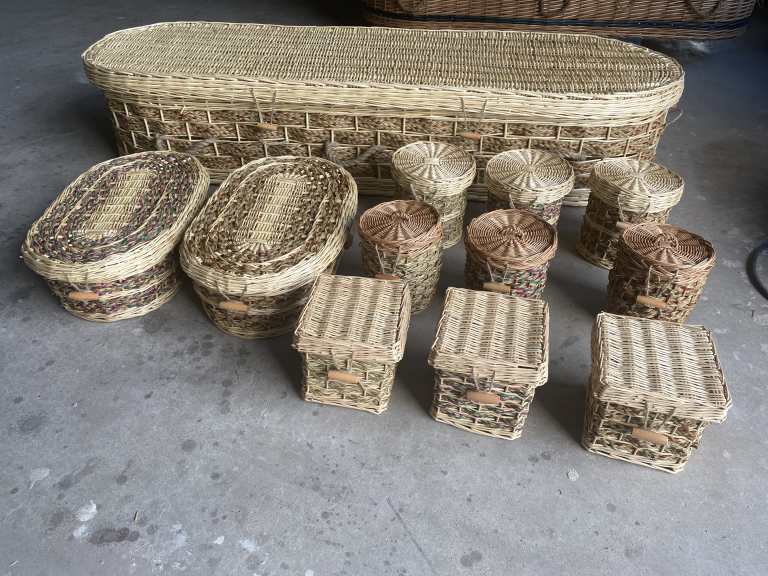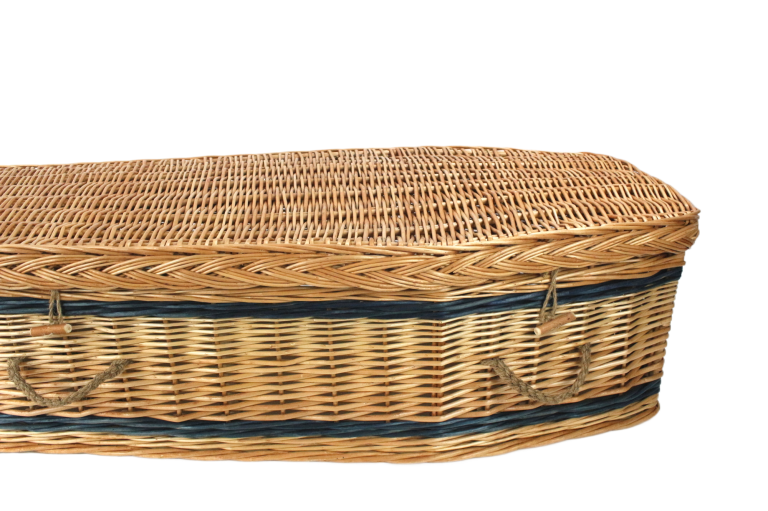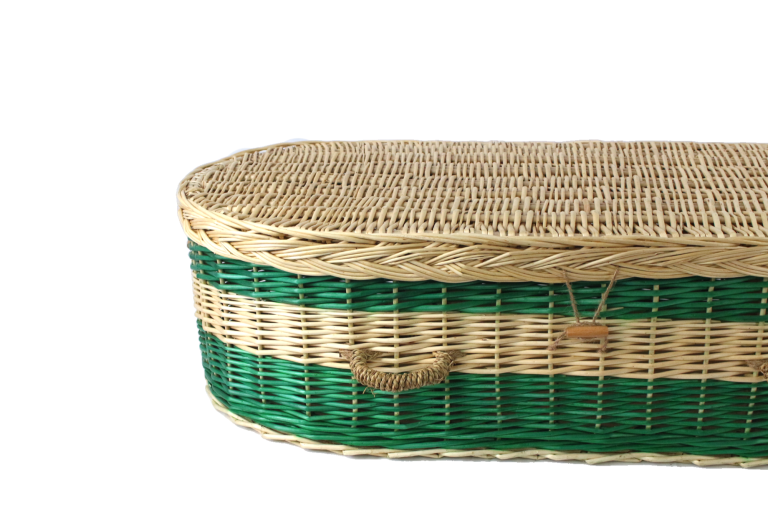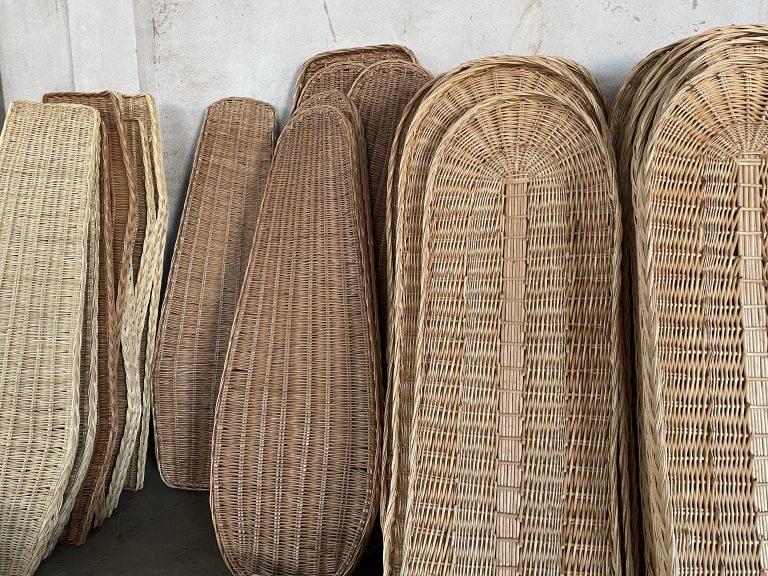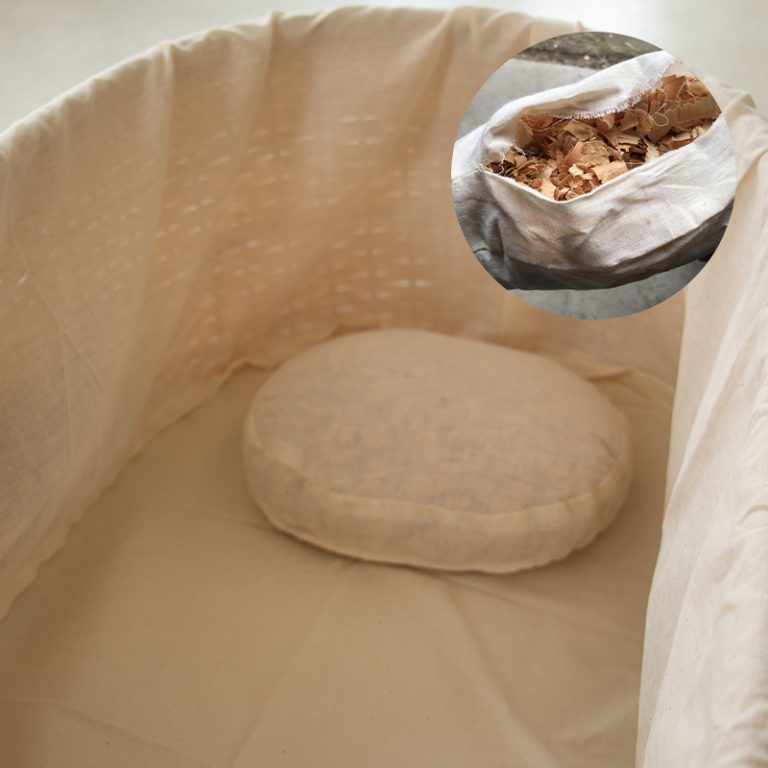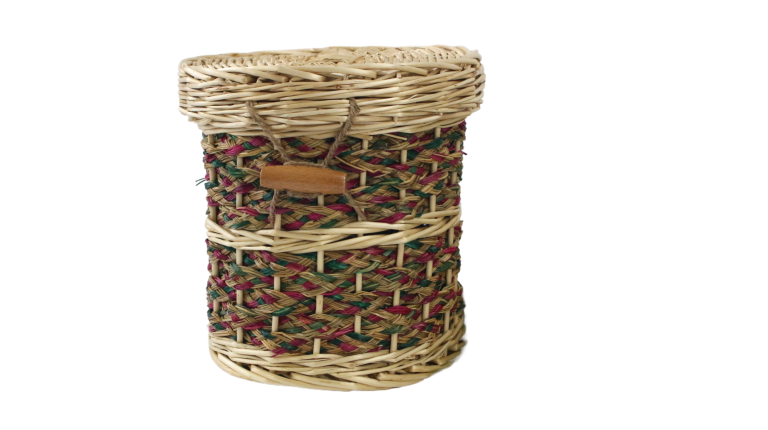In the vast oceanic expanse of Polynesia, where the rhythms of nature dictate life and death, a profound transformation is taking place in funeral practices. While the willow tree itself is not native to the Pacific Islands, its symbolic essence—flexibility, connection to water, and cyclical renewal—has inspired a remarkable revival of woven eco-caskets deeply rooted in Polynesian ancestral traditions. This innovation represents a fusion of timeless cultural values and contemporary environmental consciousness.
For Polynesian cultures, weaving is more than a craft; it is a sacred language. Traditionally, pandanus and coconut palm fibers were woven into mats, baskets, and ceremonial objects used in rituals, including funerals. These items symbolized the weaving together of community, ancestors, and the spiritual world. The concept of the woven casket resonates perfectly with the Polynesian belief in the journey of the spirit: just as a voyager navigates the ocean to reach new shores, the soul requires a vessel to transition safely to the afterlife.
Modern Polynesian artisans, particularly in places like Aotearoa (New Zealand) and Hawaii, have adapted these ancient techniques to create eco-caskets using locally sourced, sustainable materials. Though willow may not be readily available, its symbolic role is filled by native plants like harakeke (New Zealand flax) and lauhala (pandanus), which are equally flexible and imbued with cultural significance. These materials are woven into caskets that mirror the form of traditional voyaging canoes or burial mats, embodying the idea of the final journey.
The symbolism is powerful. The woven structure represents the interconnectedness of life and death, while the biodegradable materials reflect the Polynesian value of mana—the spiritual energy that flows through all living things and must be returned to the earth. Families who choose these caskets are not merely opting for sustainability; they are honoring a cultural legacy that views death as a natural part of life’s cycle.
In this way, willow-inspired weaves in Polynesian funerals are more than an eco-friendly alternative—they are a reclamation of identity. They weave together past and present, offering a vessel that is both a tribute to ancestral wisdom and a promise to future generations.
Roconly Funeral Supplies Co.,Ltd.
Whatsapp: +86-18265103836 (Whatsapp & Wechat & Tel)
Email: jason@roconly.com
#roconlycoffins#everecoffin#willowcoffins#bamboocoffins#burialflowerbands #naturalfuneral#flowerbands#woodcross#shrouds#cremation#greenfuneral #craftsmanship #chinafactory
We are a factory supporting eco friendly green funeral(natural willow coffins\bamboo caskets and so on) .. for detail please contact us www.roconly.com;
Whatsapp: +86-18265103836 (Whatsapp & Wechat & Tel)
Email: jason@roconly.com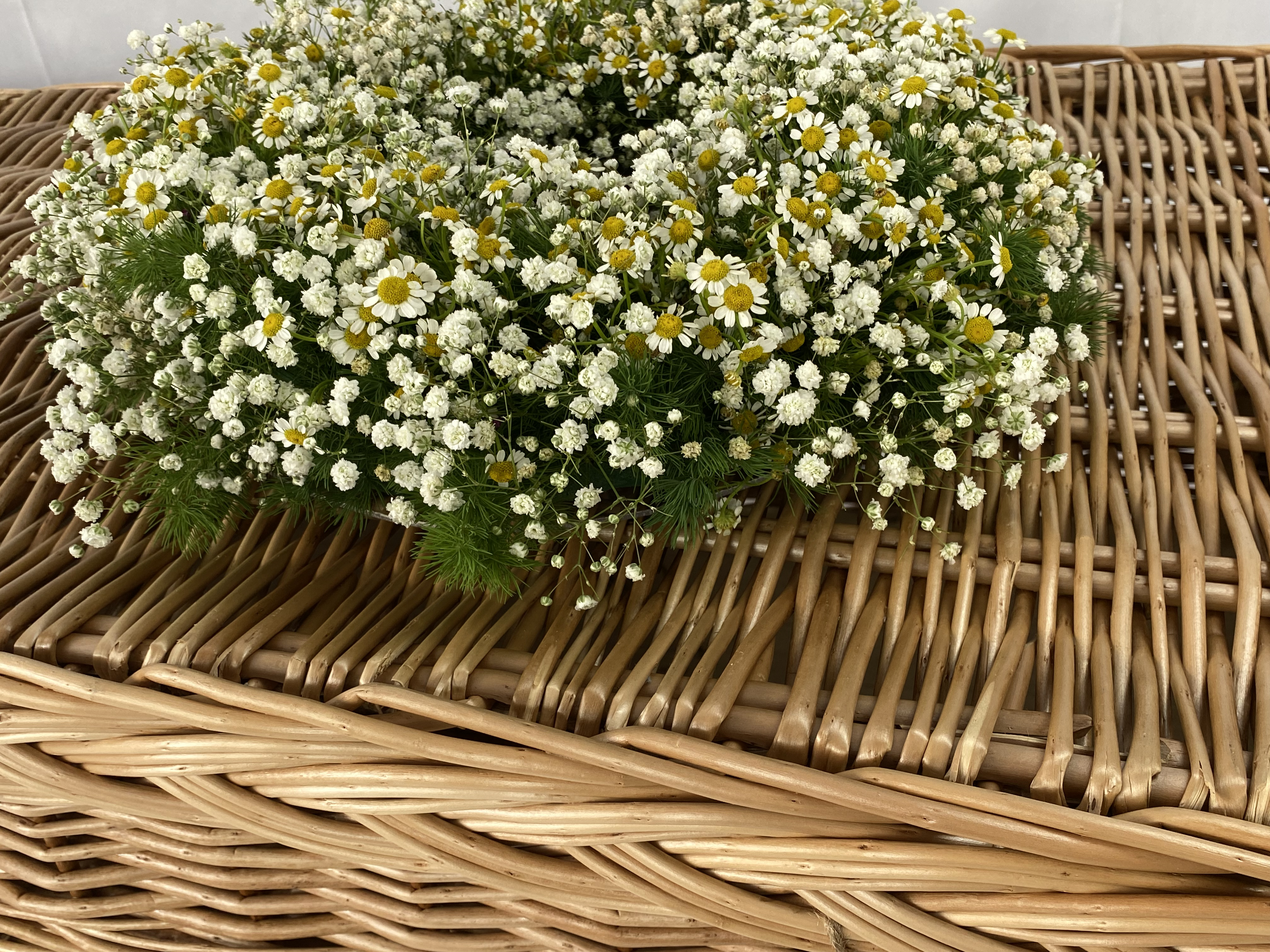 Linshu Linyi’s coffin factories leverage China’s dominance in willow production (supplying 80% of global willow) to create high-performance, low-cost solutions #roconlycoffins #everecoffin #ecofriendlyproducts #coffin #greenburials #funeraldirector #funeralhomes @everyone@followers
Linshu Linyi’s coffin factories leverage China’s dominance in willow production (supplying 80% of global willow) to create high-performance, low-cost solutions #roconlycoffins #everecoffin #ecofriendlyproducts #coffin #greenburials #funeraldirector #funeralhomes @everyone@followers
